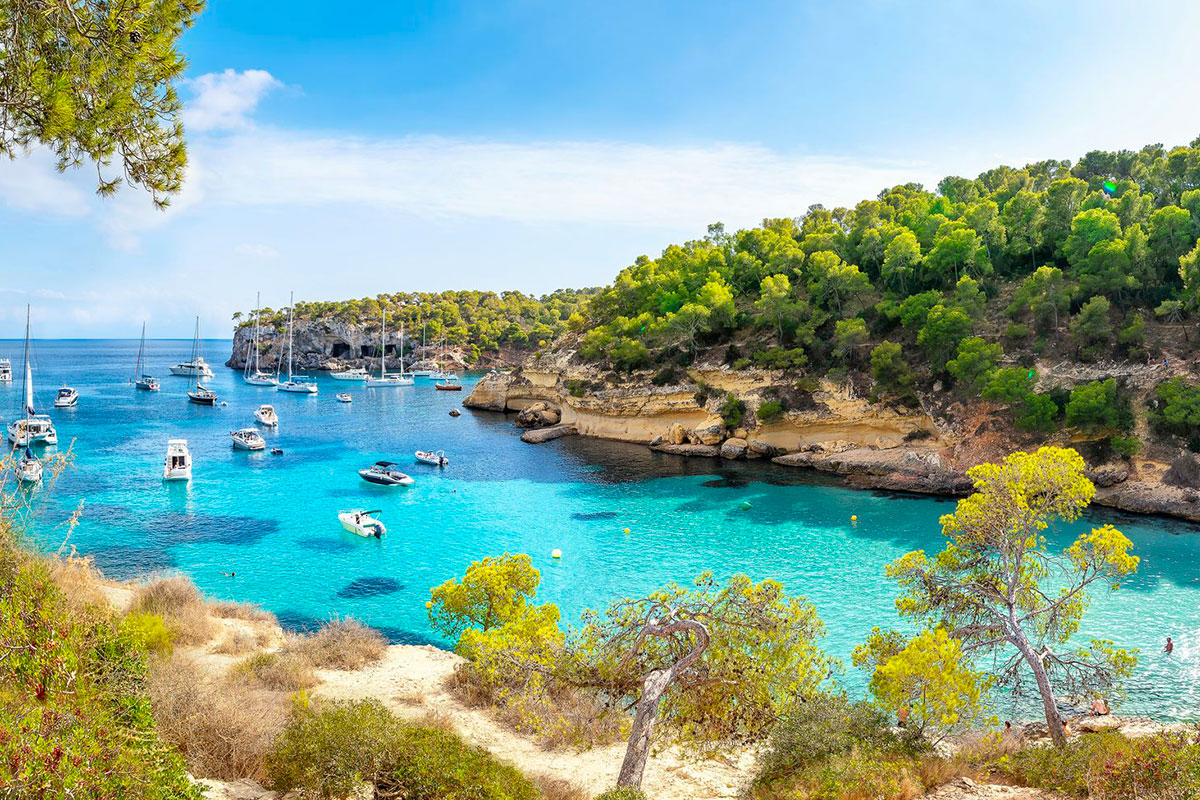The growth of elite tourism in Spain is occurring twice as fast as the growth of traditional tourism. Affluent guests are willing to pay over 20,000 euros for their vacation. In the past two years, the number of tourists traveling to Spain for luxury items has grown twice as fast as the number of traditional tourists, according to the study conducted by consulting firm McKinsey & Company for Circulo Fortuny, the main Spanish association in the sector of luxury goods.
This study opens the doors for businesses to venture into the field of elite services. According to surveys, affluent tourists choose Spain to seek new experiences and leisure activities. They are less interested in the traditional attributes of luxury living when visiting Spain, such as expensive purchases or renting high-end cars. Instead, they prefer to indulge in unique experiences offered exclusively in Spain.
Thus, the segment of elite tourism in Spain has been growing at 5% to 8% per year from 2021 to 2023, surpassing the growth rate of traditional tourism by twofold. Elite tourism has already had a direct economic impact, contributing an average of 20 billion euros per year to the country, accounting for approximately 1.9% of Spain's GDP as a whole.
In 2022 alone, Spain attracted 6 million high-spending travelers, with seven out of ten elite tourists being foreigners and eight out of ten staying in luxury hotels. The demand for luxury hotels and Michelin-starred restaurants increased by an average of 23% in 2023.
This study opens the doors for businesses to venture into the field of elite services. According to surveys, affluent tourists choose Spain to seek new experiences and leisure activities. They are less interested in the traditional attributes of luxury living when visiting Spain, such as expensive purchases or renting high-end cars. Instead, they prefer to indulge in unique experiences offered exclusively in Spain.
Thus, the segment of elite tourism in Spain has been growing at 5% to 8% per year from 2021 to 2023, surpassing the growth rate of traditional tourism by twofold. Elite tourism has already had a direct economic impact, contributing an average of 20 billion euros per year to the country, accounting for approximately 1.9% of Spain's GDP as a whole.
In 2022 alone, Spain attracted 6 million high-spending travelers, with seven out of ten elite tourists being foreigners and eight out of ten staying in luxury hotels. The demand for luxury hotels and Michelin-starred restaurants increased by an average of 23% in 2023.
